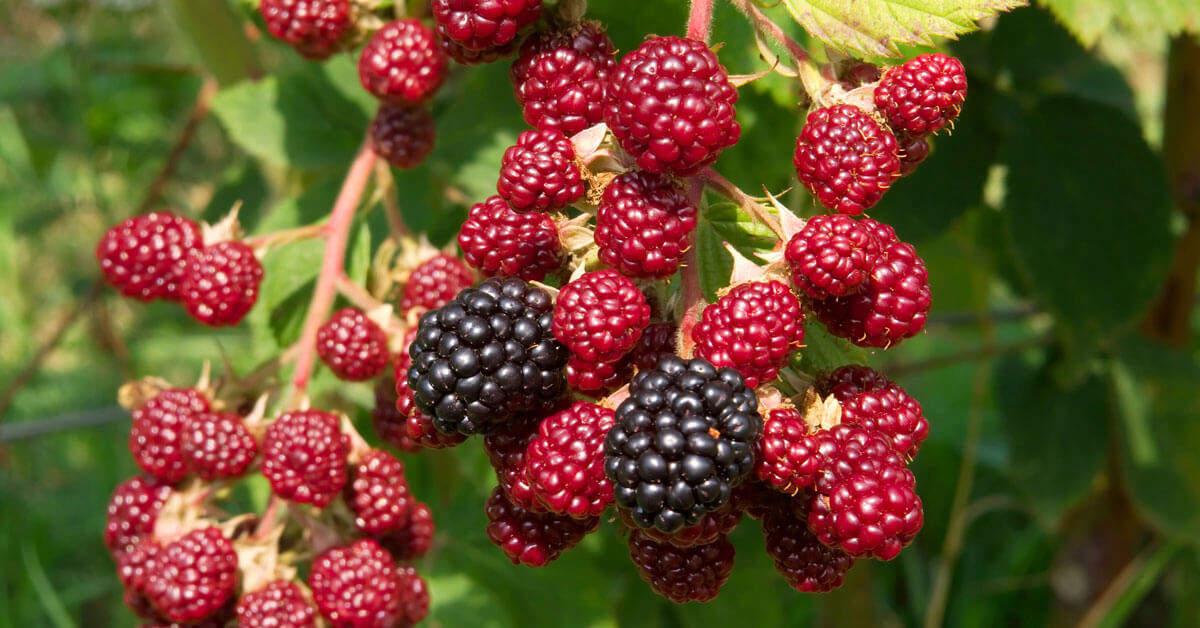
Herbs are excellent for a kitchen garden, and can help improve the taste of many dishes. These plants are often cultivated as seeds or leaves. They do not require much maintenance and are suitable for a small kitchen. You can also plant them to be ornamental. They are good for digestion and may be helpful in a number of conditions. They don’t need much space. They are easy-to-grow and require minimal maintenance.
Herbs have a multitude of medicinal and culinary uses. Basil is used extensively and makes excellent ice cream, lollies, detox waters. Basil is also delicious and used in many dishes, including soups, salads, and pizza. It can even be used to relieve stress. The benefits of herbs can be endless. Start with the ones you love. You will eventually grow all of them. If you are unsure of which ones to plant, you can start with the ones that you most frequently use.

When planting your kitchen garden herbs, be sure to consider the sunlight they need. These culinary herbs love full sun to part sunlight. Check the labels on each plant to determine how much sunlight it requires. They need six to eight hours of sunlight per day. This is why a sunny window is best. You can also grow them in grow lights if you don't have a window with sunlight. These are more expensive, but well worth it.
To start kitchen herbs from seed, you will need to do so indoors 6-8 weeks before the last frost. Start by filling a container with potting soil up to one inch. Sprinkle seeds over the soil. For larger seeds, you should bury them in the soil. To encourage germination, cover the pot with plastic wrap for several days. When the seedlings start appearing, you can remove the plastic.
Add herbs to your kitchen to make it look more beautiful. Herbs like rosemary and thyme can enhance the taste of most dishes. These plants can be used to create a beautiful display in your kitchen. They also make great decorations in your home. If you have a north-facing window, mint might be a good choice. This will give you an aromatic garden with a touch of color.

Herbs are easier than other plants. They can be grown in any soil, as they don't need much water. They can grow indoors as well as outdoors. Most herbs require only water and the sun to grow. They will require some attention to maintain their beauty. You can start by choosing some of your favorite recipes if you are unsure which herbs you should choose. These herbs will thrive in pots and will be very easy to maintain.
FAQ
How long can I keep an indoor plant alive?
Indoor plants can survive for many years. To ensure new growth, it's important that you repot indoor plants every few years. Repotting is easy; simply remove the old soil and add fresh compost.
Do I need any special equipment?
You're not wrong. You only need a trowel, shovel, watering can, and a rake.
How often should I water indoor plants?
Indoor plants need watering every two days. The humidity inside your house can be maintained by watering. Humidity can be vital for plants that are healthy.
Statistics
- Today, 80 percent of all corn grown in North America is from GMO seed that is planted and sprayed with Roundup. - parkseed.com
- As the price of fruit and vegetables is expected to rise by 8% after Brexit, the idea of growing your own is now better than ever. (countryliving.com)
- 80% of residents spent a lifetime as large-scale farmers (or working on farms) using many chemicals believed to be cancerous today. (acountrygirlslife.com)
- Most tomatoes and peppers will take 6-8 weeks to reach transplant size so plan according to your climate! - ufseeds.com
External Links
How To
How can I keep weeds away from my vegetable gardens?
Growing healthy vegetables is difficult because of weeds. They compete for space, water, nutrients, sun, and sunlight. These are some tips to prevent them from taking control of your garden.
-
When they flower, take all the plants with you
-
Take out any plant debris from the base of your plant
-
Mulch
-
Regular water intake
-
Rotate crops
-
Do not let the grass get too long
-
Keep soil moist
-
Plant early
-
Harvest often
-
Make compost
-
Avoid chemical pesticides
-
Plant organic vegetables
-
Get heirloom seed
-
Start small
-
Learn more about companion-planting
-
Be patient
-
Enjoy gardening!